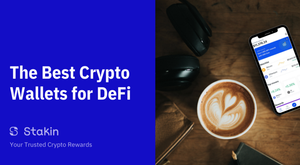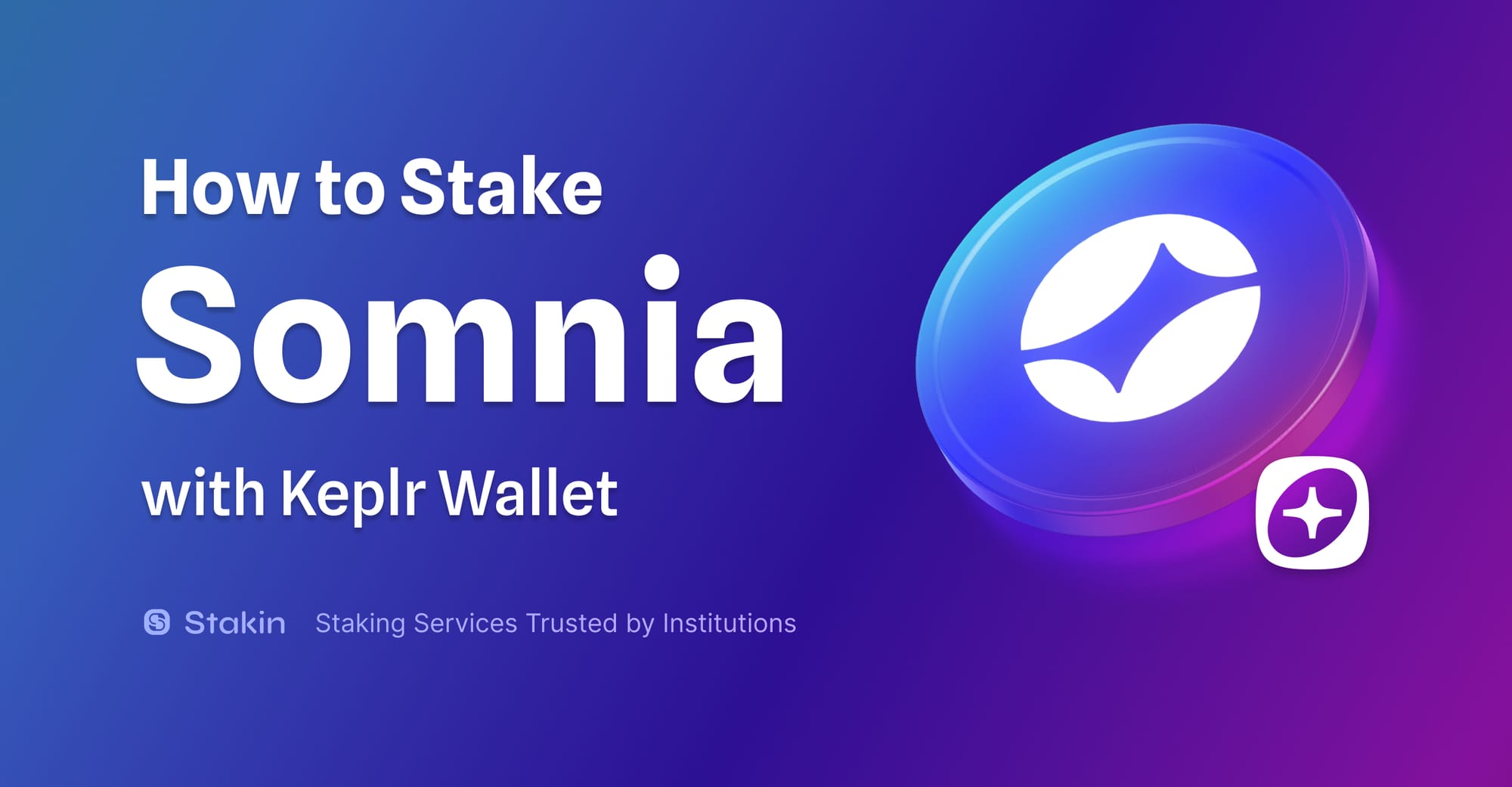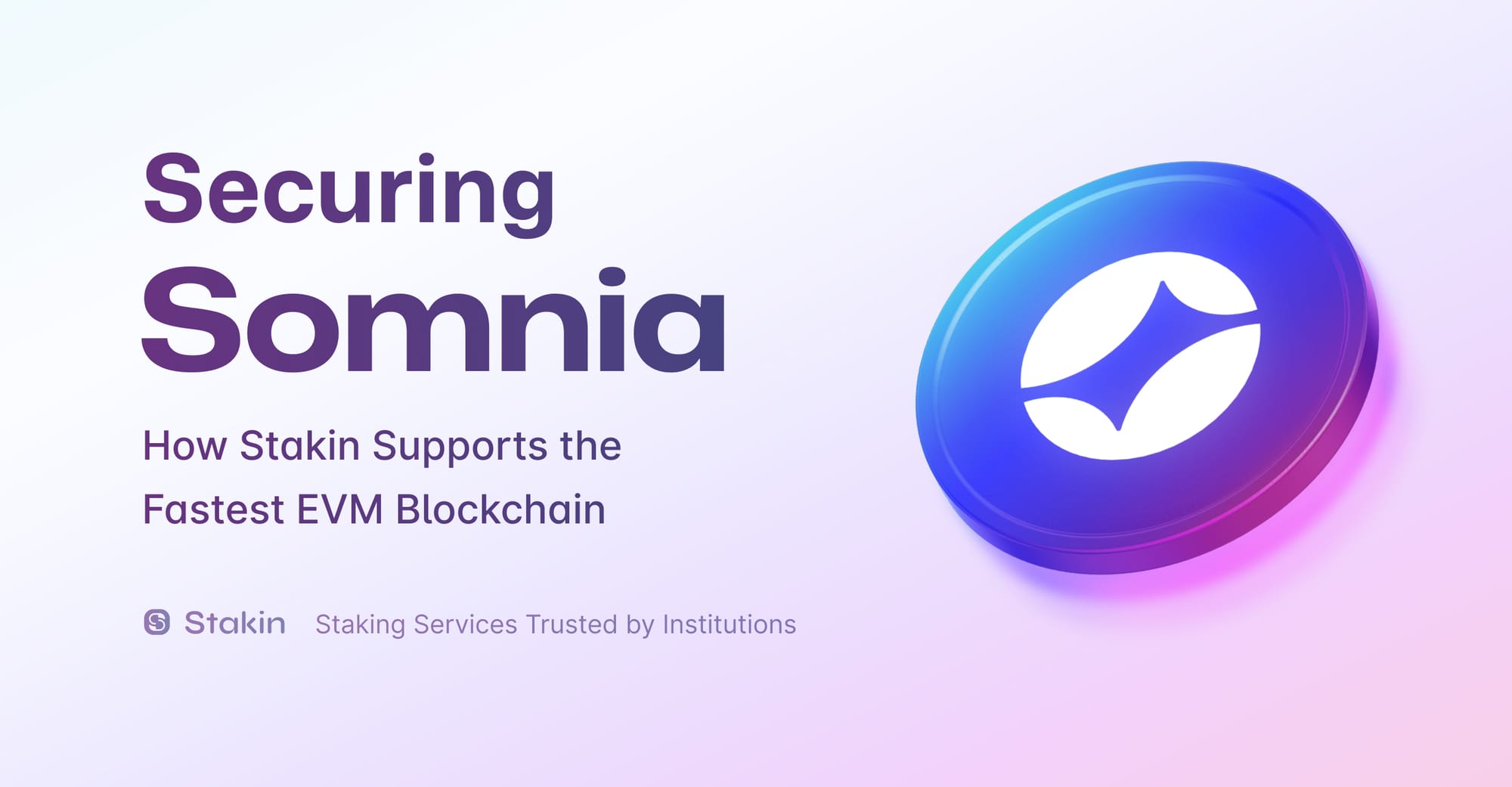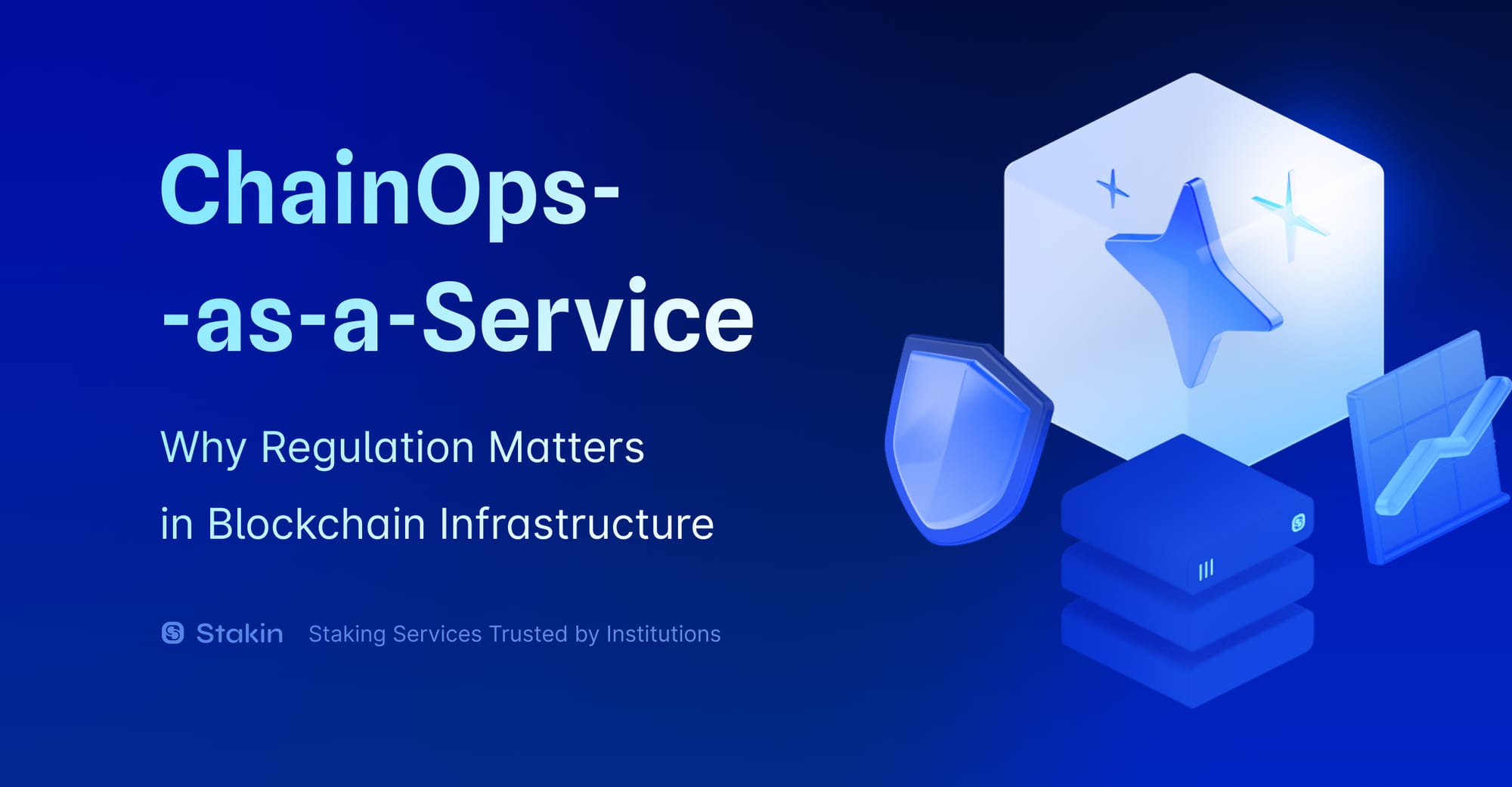Hey Readers👩💻,
For decentralized finance (DeFi) to be successful, the platforms interacting with Web 3.0 must be secure, easy-to-use, and easily accessible. At the same time, the platforms should still keep the core of the public being in control of their finances. In this article, we’re taking a look at the different wallets that are best suitable for DeFi.
🔒 DeFi Wallets Characteristics
DeFi wallets are non-custodial, which means that users can store their assets without having to depend on third-parties. The early DeFi wallets started on Ethereum and had a user-experience and interface that left a lot of space for improvement. Luckily, many wallets have upped their game and are creating amazing, easy-to-use platforms.
The core of every DeFi wallet includes more than just being non-custodial. Another important aspect is that they are all key-based. Different from centralized wallets where users are responsible for the safekeeping of their private key, DeFi wallets have a unique key-pair.
Furthermore, virtually all non-custodial wallets can handle multiple assets and stablecoins. Almost all DeFi wallets are accessed by connecting a Web3 wallet. A lot of wallets have also started to implement DApp integration, making it easy to connect with DeFi applications.
A question that is often asked is: how are DeFi wallets different from other blockchain wallets? The answer is that DeFi wallets don’t need you to provide background information or a Know Your Customer (KYC) form. And unlike most “normal” wallets which are often just connected to an exchange, DeFi wallets are flexible to integrate across a wide variety of applications in the ecosystem. So, let’s take a look at the best DeFi wallets out there.
Top 8 DeFi Wallets
🔺 Argent Wallet
The Argent wallet prides itself on being “the most simple and secure smart wallet for crypto”. A couple of the features of this wallet are simple addresses, free transactions, and no need for a paper backup. The mission of the creators of this wallet is to let everyone have the benefits of decentralization in Web 3.0.
The wallet has a mobile-first approach and offers experiences focussed on non-technical users. Notable features of the wallet are the daily set limit which, similar to traditional banking; the wallet has a daily limit to what you can withdraw from your account. So, if your wallet is somehow hacked, the attacker can’t withdraw your entire amount of assets.
Another feature of the Argent wallet is the recovery tool referred to as guardians which wallet owners can use to assign devices or even individuals to recover their funds without a private key. However, a big downside at the moment is the fact that this wallet only supports Ethereum assets. That said, the Argent wallet is an excellent wallet for those looking for an easy-to-use, secure smart wallet.
🛡️ Trust Wallet
Trust Wallet is a multi-asset mobile wallet that supports many different assets that are not necessarily part of the Ethereum and ERC20 ecosystem. Which makes it a great wallet for storing many different currencies. The wallet allows you to send, receive and store a wide range of digital assets. The design for this platform is focussed on simplicity and aims to provide a straightforward, easy to set-up and use solution. The wallet has essential security features such as a backup facility for simple recovery, and private keys are stored on the user’s device.
Additionally, the Trust wallet has a built-in decentralized exchange and a Web3 browser that allows you to interact with different DApps. Another exciting feature of the Trust wallet is that it supports collaboration, providing a codebase that can be used by the community. Other developers can also build on top of the Wallet core.
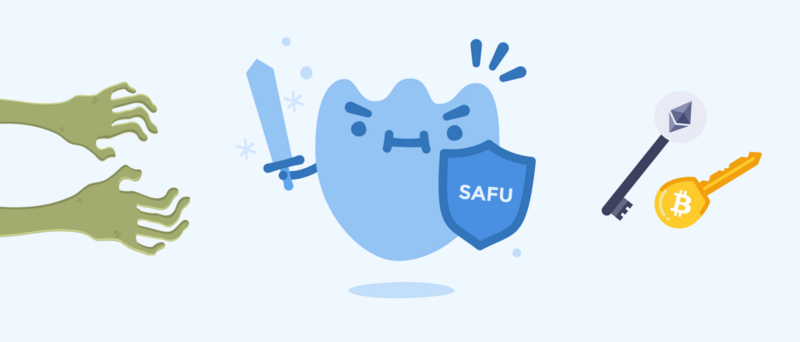
Trust wallet is blockchain agnostic, meaning that it is a single platform that allows multiple different chains, which results in a broad range of digital assets supported on the platform. To promote mass adoption, Ethereum Name Service (ENS) is supported by the wallet, allowing you to replace the long wallet addresses with easy names. Most other DeFi wallets also have this feature.
🦊 MetaMask
MetaMask describes itself as a crypto wallet and gateway to all blockchain apps. The platform is primarily used as a web browser extension and makes it easy to access DeFi through any internet browser. Different plugins can be built directly on MetaMask, meaning the user can take on multiple different roles across applications.
While MetaMask has some exciting features. For example, it is not necessary to own any digital assets to get started. That is because the platform works as a login system as well as a digital asset wallet.
Furthermore, MetaMask is ENS compatible so that users can attach human-readable addresses to their wallet address, which makes it easier to use for non-blockchain experienced individuals. Check the video below to learn more about MetaMask.
💸 Dex Wallet
The Dex Wallet is a multi-currency mobile wallet with the goal to empower millions of users to have financial freedom via DeFi. Dex Wallet has created an easy, streamlined User Experience (UX) that is designed for new and experienced users. The uniqueness of this wallet comes from the understanding that interoperability between DeFi protocols generates a compounding effect to maximize the financial value that wouldn’t otherwise be accessible.
The wallet can be used for borrowing, lending, it has a decentralized exchange and a native in-wallet staking possibility. Furthermore, a Dapp browser is also built into the wallet. One of the things this wallet focuses on is the possibility to create passive income by applying a strategy. Read the interview with the founder of the Dex Wallet for more background on the wallet.
🪐 Atomic Wallet
Atomic Wallet is a thoroughly well-known multi-asset wallet, offering over 300 different digital assets. Like Trust Wallet, this is an excellent wallet in case you’d like to have multiple assets stored in the same space. Interesting is that the wallet is open-source and claims to be a 100% secure when using the guidelines. This is a big claim to make, but with the possibility to review the code for bugs, the safety of the wallet is ensured.
The Atomic Wallet has the most up-to-date blockchain technology features such as atomic swaps that work cross-chain and avoid any third-party risk. It has a built-in exchange, user-friendly interface (while it can be hard to find an asset sometimes due to the many that are available). Moreover, there is no need to buy or sell any tokens on an external exchange that will take a cut, and transaction fees are very low.
✨ Magic Wallet
Previously Fortmatic Wallet, the Magic Wallet is an easy-to-use option for Web3 wallets focussed on DApps. The accessibility of this wallet is high, as the wallet is aimed to be compatible with non-technical users. Most tools for interacting with DApps require a specific web browser or extension. However, the Magic wallet authenticates users by linking a phone number or email address; removing the need for an extension. This feature makes it possible for applications to be accessed via any web browser or device.
Furthermore, for developers, the Magic wallet is extremely easy to integrate. It is, therefore, that there are many further integrations on the horizon of the wallet. Currently, Airswap, Bancor, OpenSea, Radar Relay, and Set Protocol have already created projects with the Magic wallet.
💰 Coinbase Wallet
The Coinbase Wallet was initially released as Toshi, and in this non-custodial wallet, private keys are stored directly on your device instead of on centralized exchanges. That said, the Coinbase Wallet has some excellent features such as the DApp browser. The DApp browser allows users to interact with web3 applications and is almost identical to traditional web browsers. However, you don’t need any third parties to connect with a DApp such as Compound, for example.
Another interesting feature is that you can receive and send digital assets with a username instead of a traditional public wallet address as these addresses can be highly confusing and easy to type wrong, the usernames simplify the transaction process. The Coinbase wallet supports a broad spectrum of assets like Ether, ERC-20 tokens, and more.
However, there are also some drawbacks to the Coinbase wallet. For example, while the current features are great and help to make it easy-to-use, other non-custodial wallets such as the ones named above have already integrated more DeFi solutions. And the wallet doesn’t allow digital trading assets directly from their platform, which is also a big hick-up. That said, the Coinbase wallet provides a real solution for non-experienced users and supports a high number of digital assets.
📱 InstaDApp
The InstaDApp wallet makes it possible to borrow and lend multiple assets such as ETH (Ethereum’s native asset) and DAI stable coin. The wallet’s creators aim to drive interoperability between protocols for power users and ease of development, allowing developers to start leveraging the full potential of DeFi.
This wallet integrates with Uniswap exchange; when you add your tokens to the liquidity pool, you can earn assets on the InstaDApp wallet. Another exciting feature of the platform is the protocol bridge with MakerDAO and Compound, allowing you to switch between them with one click.
⚖️ Conclusion
For the long term success of DeFi, asset management tools such as Trust Wallet and Argent Wallet are vital. The platforms allow users to truly manage their assets securely while interacting with different DeFi integrations and other Web 3.0 applications.
Smart contract wallets are a fantastic improvement when it comes to the accessibility for users and the introduction of banking functionality. Yes, the entire DeFi ecosystem is still in its early development stage, and blockchain technology and decentralization are complex concepts. But these wallets act as a much-needed foundation for building an open financial system. We’re excited to see all the new developments in the next few years.
DISCLAIMER: This is not financial advice. Staking, delegation, and cryptocurrencies involve a high degree of risk, and there is always the possibility of loss, including the loss of all staked digital assets. Additionally, delegators are at risk of slashing in case of security or liveness faults on some protocols. We advise you to do your due diligence before choosing a validator.
